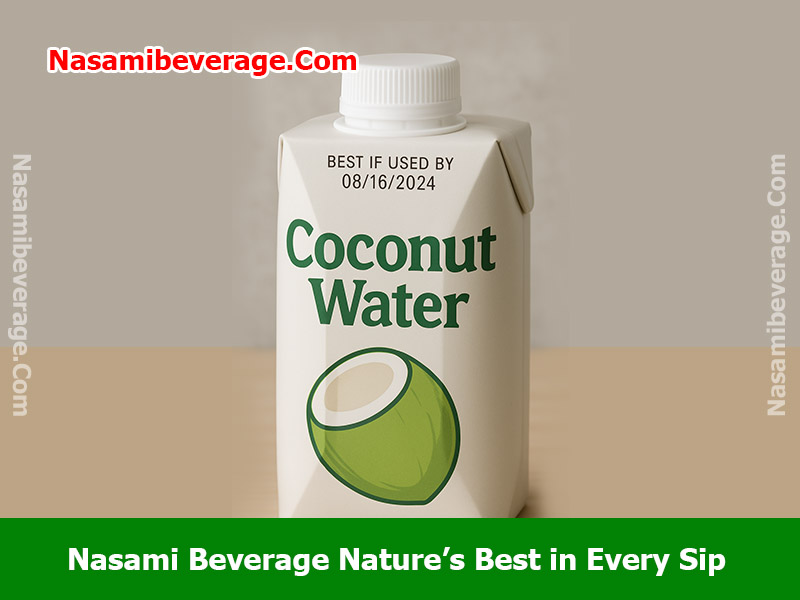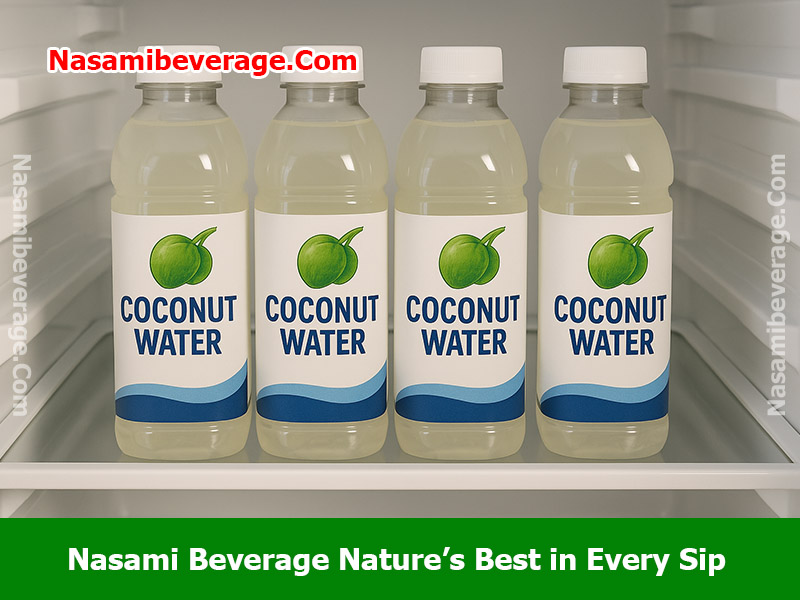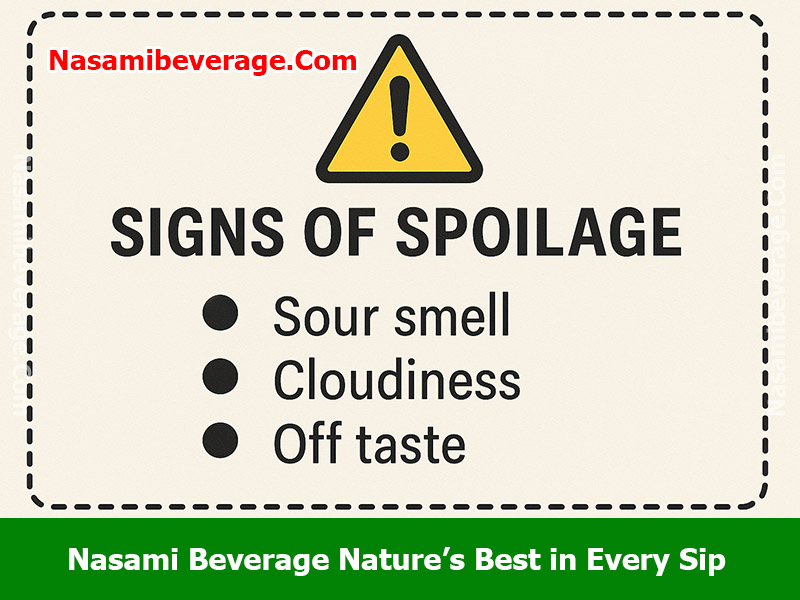Coconut water has become a go-to drink for health-conscious folks, athletes, and anyone seeking a refreshing, natural source of hydration. Packed with electrolytes and low in calories, it’s no wonder this tropical beverage is a pantry staple. But what happens when coconut water goes bad? Spoiled coconut water can pose health risks, from mild stomach upset to rare but serious issues like fungal poisoning. In this article, we’ll dive into the signs of spoiled coconut water, the risks of drinking it, how to store it properly, and the best brands to trust for safe hydration.
What is coconut water?
Understanding coconut water
For those wondering what is coconut water, it’s the clear liquid found inside young, green coconuts. It’s naturally rich in electrolytes like potassium, sodium, and magnesium, making it a popular choice for post-workout hydration or a healthy alternative to sugary drinks.
Unlike coconut milk, which is made from the coconut’s flesh, coconut water is light, slightly sweet, and low in calories.
Why coconut water can go bad
Like any natural beverage, coconut water is susceptible to spoilage. Exposure to air, bacteria, or fungi can cause it to ferment or develop harmful pathogens. Improper storage, damaged packaging, or exceeding the expiration date can also lead to spoilage.
In rare cases, fungal contamination, such as Arthrinium saccharicola, has been linked to severe health risks, highlighting the importance of vigilance.
Signs that coconut water has gone bad
Spotting spoiled coconut water is key to avoiding health issues. Here are the telltale signs to watch for:
Visual indicators
Fresh coconut water is clear or slightly cloudy with a natural, pale hue. If it looks cloudy, opaque, or discolored (yellow, brown, or pink beyond natural oxidation), it’s likely gone bad. Mold, floating particles, or sediment are red flags that the liquid is contaminated.

Smell and taste
Fresh coconut water has a mild, nutty, and slightly sweet aroma. If it smells sour, vinegary, or fermented, it’s spoiled. Similarly, a bitter, rubbery, or off taste is a clear sign it’s no longer safe to drink. Trust your senses-if it doesn’t smell or taste right, don’t consume it.
Packaging issues
For store-bought coconut water, check the packaging. Leaking containers, broken seals, or bloated cartons suggest improper storage or contamination. Always verify the expiration date, as consuming coconut water past this point increases the risk of spoilage.

Health risks of drinking spoiled coconut water
Drinking spoiled coconut water can lead to a range of health issues, from mild discomfort to serious complications.
Common symptoms
Consuming bad coconut water may cause stomach upset, nausea, diarrhea, or dehydration. These symptoms are usually mild and resolve on their own, but they can be unpleasant. If you’ve accidentally drank rotten coconut water, monitor your symptoms and seek medical attention if they persist.
Rare but serious risks
In rare cases, spoiled coconut water can pose severe risks. For example, a documented case of fatal 3-nitropropionic acid poisoning was linked to fungal contamination in coconut water. Bacteria like Pseudomonas fragi or fungi can thrive in improperly stored coconut water, producing toxins that cause illness. These risks underscore the importance of proper storage and brand selection.
Who’s at risk?
Certain groups are more vulnerable to the effects of spoiled coconut water, including children, the elderly, and those with compromised immune systems. Athletes who rely on coconut water for hydration are also at risk if they consume spoiled products during or after intense workouts.

How to store coconut water properly
Proper storage is essential to keep coconut water fresh and safe. Here’s how to do it right:
Before opening
Unopened, shelf-stable coconut water should be stored in a cool, dry place, like a pantry, away from direct sunlight. Check the expiration date and avoid purchasing damaged or dented containers, as these may indicate a compromised seal.

After opening
Once opened, refrigerate coconut water immediately and consume it within 5–7 days. To prevent contamination, transfer it to an airtight container if the original packaging isn’t resealable. Keep it at a consistent temperature (ideally 35–40°F or 2–4°C) to maintain freshness.
Freezing coconut water
To extend shelf life, consider freezing coconut water. Pour it into ice cube trays for convenient portions, then transfer the cubes to a freezer-safe bag. Frozen coconut water can last up to 2–3 months. Thaw it in the refrigerator and consume within 24 hours for the best quality.
Choosing safe coconut water brands
Not all coconut water is created equal. Choosing high-quality brands reduces the risk of spoilage and ensures you’re getting a safe, delicious product.
What to look for
Opt for 100% pure coconut water with no added sugars, artificial flavors, or preservatives. Brands that use high-pressure processing (HPP) instead of heat pasteurization retain more nutrients and have a lower risk of contamination. Check for organic certification or sustainably sourced coconuts for added peace of mind.
Top trusted brands
To help you choose, explore the best coconut water brands known for their quality and safety:
Vita Coco: A market leader offering pure, sustainably sourced coconut water.
Harmless Harvest: Known for organic, HPP-treated coconut water with a fresh taste.
Zico: Offers a range of pure and flavored coconut waters with no added sugars.
Naked Juice Coconut Water: A widely available option with a focus on natural ingredients.
C2O Pure Coconut Water: Sourced from young Thai coconuts for a crisp, clean flavor.
Reading labels
Always read the label to confirm the product is pasteurized or HPP-treated. Look for details about sourcing (e.g., Thai or Philippine coconuts) and check for certifications like USDA Organic. Avoid products with vague ingredient lists or questionable packaging.

Tips to avoid spoiled coconut water
Prevention is the best way to enjoy coconut water safely. Follow these tips to minimize the risk of spoilage:
Buy fresh
Choose young, green coconuts or recently packaged coconut water from reputable retailers. Avoid overripe coconuts (brown or sprouting) or products that look old or mishandled. For store-bought options, prioritize brands with recent production dates. If you’re looking for fresh fruit juice near me, many retailers also stock high-quality coconut water.
Test before drinking
Before consuming, perform a quick test. Mix 1/4 cup of coconut water with 3 tablespoons of lemon juice-if it bubbles, it’s likely fresh. Always smell and taste a small amount first. If it’s off, discard it immediately.

Stay informed
Keep up with food safety recalls or contamination warnings for coconut water products. Follow trusted brands on social media or check websites like the FDA for updates on product safety. For those interested in the nutritional side, check out 1 litre coconut water calories to understand its dietary impact.
FAQs – Coconut water gone bad
How long does coconut water last after opening?
Opened coconut water lasts 5-7 days in the refrigerator if stored in an airtight container. Always check for signs of spoilage before drinking.
Can drinking spoiled coconut water make you sick?
Yes, spoiled coconut water can cause stomach upset, nausea, or diarrhea. In rare cases, it may lead to serious illness due to bacterial or fungal contamination.
What are the signs that coconut water has gone bad?
Look for cloudiness, discoloration, mold, a sour or fermented smell, or a bitter taste. Damaged packaging or an expired date are also warning signs.
How should I store coconut water to keep it fresh?
Store unopened coconut water in a cool, dry place. After opening, refrigerate it in an airtight container and consume within 5-7 days. Freeze it for longer storage.
Coconut water is a refreshing, electrolyte-rich drink that can spoil if not stored or handled properly. By recognizing signs of spoilage, choosing trusted brands, and following safe storage practices, you can enjoy coconut water safely and reap its many benefits. This article was compiled by Nasami Beverage.



